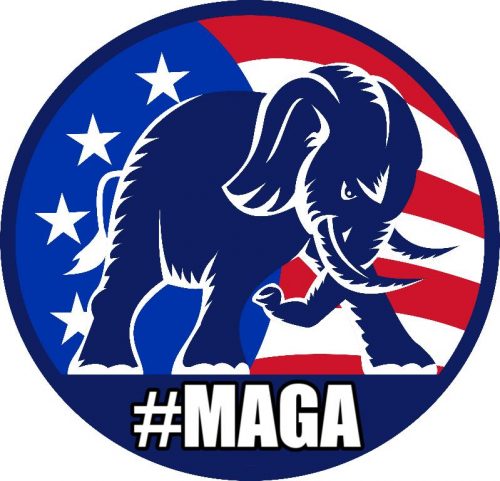This is from Trump event attendee Karen Powers:
As a Trump supporter, I was there, in San Jose, attending the Trump event on June 2.
The Trump event attendees were forced to walk past the protesters afterward, after the event was over, to get to their cars. Broad areas of sidewalks and streets, that were not blockaded before the event started, were blockaded by barriers after the event ended, and standing in front of those barriers were lines of individual police officers telling Trump event attendees what route to follow to get to their vehicles.
I had parked in a parking garage right next door to the event. Before the event, an easy walk to the event, after event over, had to square 4 blocks of sidewalk lined with protesters who somehow knew the exact route that Trump supporters/event attendees had to walk, and were waiting for them.
Frankly, it was pretty obvious that either law enforcement personnel or the mayors office, someone in the know, had told the protesters where the Trump supporters would be forced to walk after the event. Attendees only went where law enforcement officers told them to go in order to get to our cars. We followed their instructions. The protesters knew, seemed well informed, of the direction where Trump supporters were going to be heading even before we exited the event, and protesters lined that walking route as a result, literally laying in wait where no law enforcement was present.
There was an intent to force the supporters and protesters together. There was no intent to keep them apart.
Trump supporters exiting the event were literally set up like rats in a maze, forced to follow a prescribed set of boundaries, which led directly to the protesters and not away from them.
The press got their story but the clash was completely avoidable. It was created by intention and by design.
Let’s be really clear about the implications of this report. These rioters were acting as an official arm of the Democratic Party controlled San Jose city government in suppressing the civil rights of Americans. The presidential election in November 2016 is no longer about “Trump” or “Hillary”.
It is about whether we will retain American political freedom.

